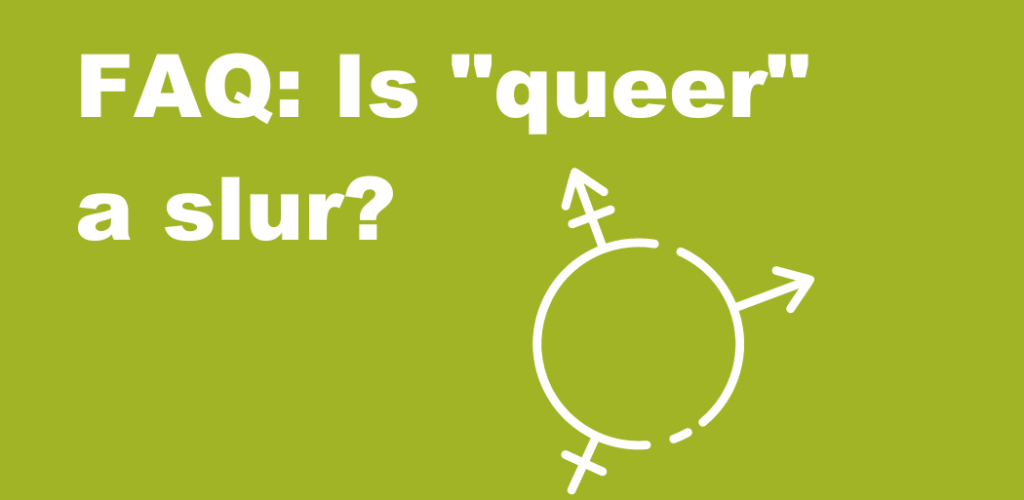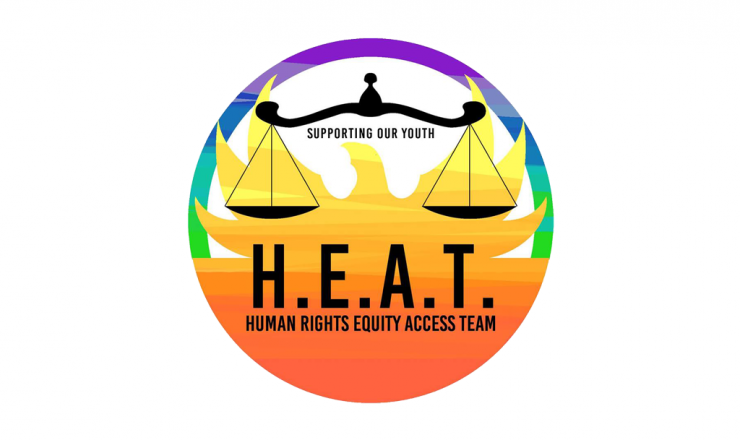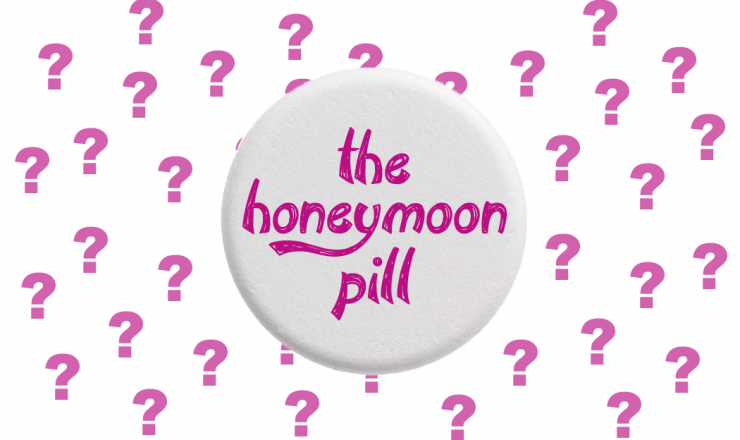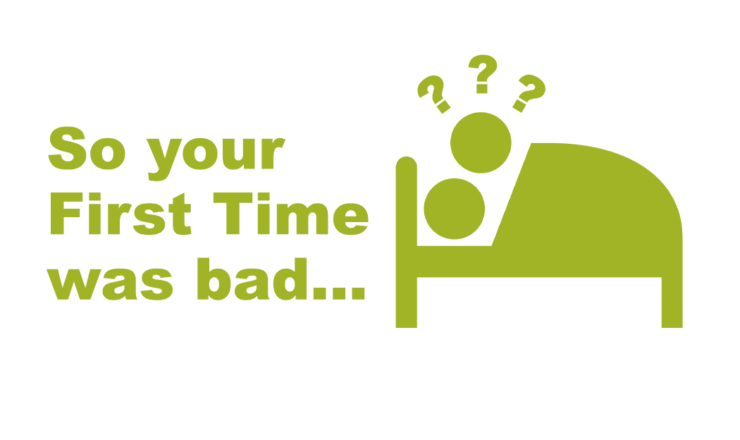

The word “queer” can hold a different meaning to everyone who uses it, which is why it has become such a controversial word in today’s cultural landscape. Some use it to describe their own sexual or gender identity, while others feel it’s an offensive term used to describe members of the 2SLGBTQ+ community, and others still feel it to be both! To better understand what this word really means, it is helpful to take a look at how it has been used in the past and the present.
It is popularly believed that the word “queer” first arose in 16th century Scotland as part of a ‘flyting’ poem, an exchange of insults between two Scottish poets conducted in verse. There, the use of the word “queer” was to mean “eccentric”, “odd” and “peculiar”, and not necessarily as a homophobic slur.
“Queer” first began to carry negative connotations in the late 19th century and early 20th century England, where John Douglas, the 9th Marquess of Queensberry, used the term “snob queers” in a court case against Oscar Wilde, who was accused of being in a homosexual relationship with his son. This is thought to be the origin of “queer” as a slur and derogatory term and widely spread from England into the U.S.
The word began to take on a new meaning during the New York Stonewall Riots in 1969, which sparked the modern LGBTQIA+ rights movement in the U.S. Members of the movement called themselves “queer” in an act of defiance against homophobia. The late 20th century and early 21st century is truly when “queer” was reclaimed by activists and the LGBTQIA+ community. For example, in the New York Pride March in 1990, pamphlets, titled “Queers read this”, were passed around and read:
“Being queer is not about the right to privacy; it is about the freedom to be public, to just be who we are”.
Today, “queer” is fairly commonplace: sometimes used as an umbrella term for the entire LGBTQIA+ community, and sometimes used to refer to sexual minorities specifically. You may also hear folks use it to describe something that exists outside of the mainstream, in relation to being 2SLGBTQIA+. For example, someone may consider a drag protest to be queer, but maybe not a corporate sponsored float in a pride parade. In the acronym, Q refers to folks who identify as “queer” or “questioning.”
Reclaiming a term (specifically slurs or other harmful words) can help to take some of the power away from people who would use it against others. In the context of “queer”, the LGBTQIA+ community began self-identifying with the term, choosing to use it as a way to celebrate their diversity and resilience against years of discrimination and oppressive violence. Changing the meaning of the term in this way can be controversial: some feel it does as intended and takes some of the hurt out of the word, even becoming a source of empowerment, while others feel it still represents a history of violence and mistreatment and prefer not to identify with it.
It depends! Which terms you use to describe yourself is totally up to you, but not everyone is going to like hearing the word used to describe them, or even hear it used to describe someone or something else. Best practice is to respect other people’s preferences, because we don’t always know what their history with a word like “queer” is, and there are plenty of other ways to describe someone who might fall into that category without hurting them.
For those who want to use it as a term of empowerment, it is generally recommended to use it as an adjective, for example, to self-identify as “queer” or for a community to label itself as a “queer” community. However, it is generally not okay to use the word as a noun, such as calling someone else a “queer”.
All in all, the word “queer” has a complicated history, which makes using the word complicated. Labels like “queer” are there to help us communicate who we are, and how we see the world. The more we understand about the history of terms like this, the better informed we’ll be to decide if they work for us!
While Teen Health Source focuses on information related to sexual health and relationships, we can still suggest resources and further reading if you have more questions, feel free to contact one of our peer educators. [Link]
Last updated: April 2023.

The fabulous folks at SOY H.E.A.T. have created some brand new videos to help folks talk about Allyship, Intersectionality, and Pronouns!

The Honeymoon Pill is the nickname for a pill designed to delay a person’s period. If you’re interested in learning more, then please enjoy our quick primer!

First Times having sex are supposed to be glorious and magical, right? But what if yours was awkward or underwhelming? That’s okay, and actually pretty normal! Check out our OpEd column on First Times written by one of our Peer Sexual Health Educators!